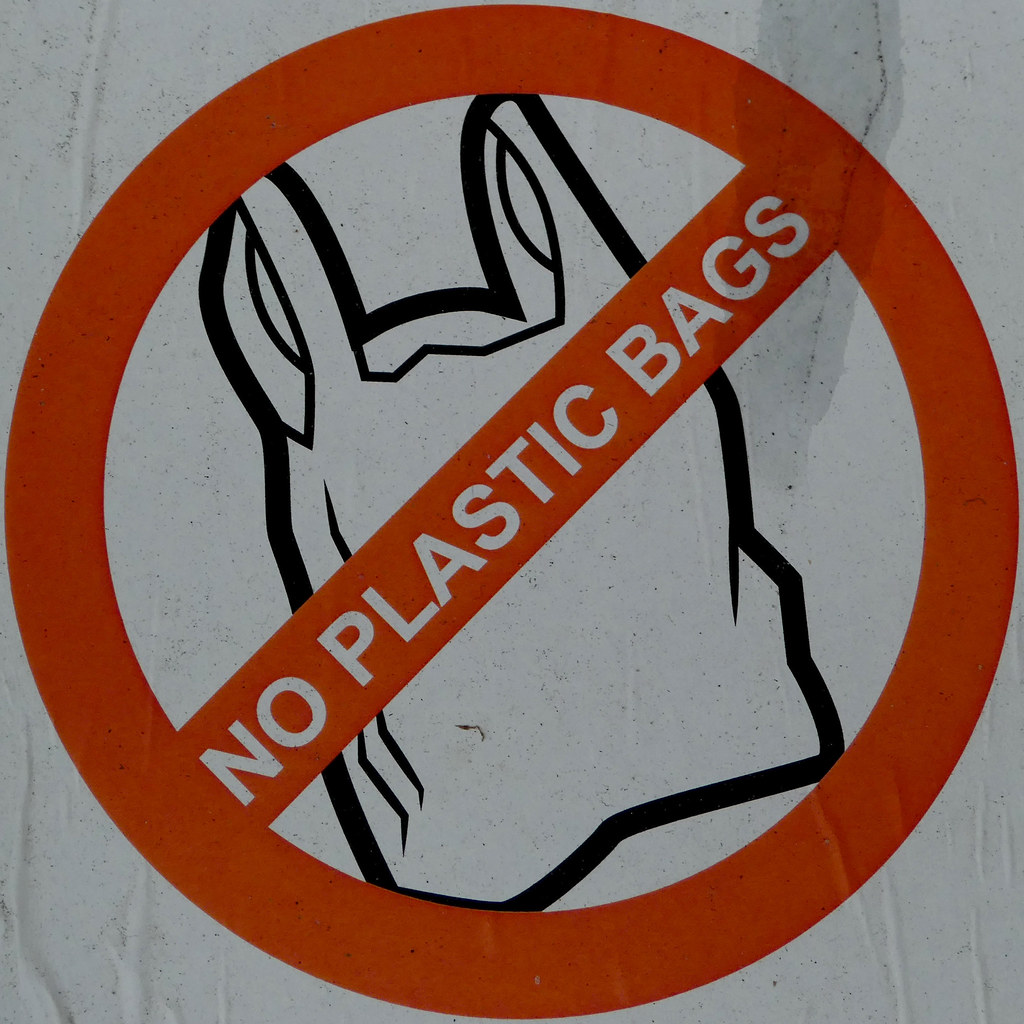Plastic bags are a handy option to transport our products when we shop. They’re an integral feature of our lives today but we do not tend to think about them much. In reality, it’s believed that as many as 10-million plastic baggies are being used every minute in the world.
300-700 plastic bags are in the hands of the average American within a single calendar year. A report by the Department for Environment, Food and Rural Affairs found that the average family of the United Kingdom stores around 40 plastic shopping bags in their homes
Do you have any thoughts? Do you also have an overflowing drawer in your kitchen filled with plastic bags that you take from shopping excursions? If yes, then you must be aware that the accidental consumption of single-use plastic comes with it a significant cost to the environment that in turn impacts our health.
How? Let’s take an examination of the top reasons why single-use plastic bags must be stopped right now.
Five good reasons to stop using plastic:
#1 Plastic bags are a major source of pollution for our water and land
Plastic bags are all over the place. Take a look around and you’ll be able to see how plastic bags constitute among the most frequently used litter. In fences and trees on roads. They are floating on water or being deposited on the surface in forests and parks in the vicinity of garbage bins washed away on the beachfront…
Since they are lightweight They are quickly picked up by winds and are carried far distances via water and wind to cause pollution to the environment.
Plastic bag litter has caused major problems in certain regions. For example, millions of trashed plastic bags clog drains and sewers in the urban regions of Bangladesh. When monsoon rains commence streets are flooded after a couple of minutes as the water is unable to flow through sewerage pipes that have been blocked.
# 2 Plastic bags are manufactured from non-renewable materials and are responsible for climate change
Most plastic bags are composed of polyethylene, which is a chemical that comes from refineries for crude oil along with natural gas refineries.
Natural gas and oil are fossil fuels that are not renewable and, through their extraction and production, they emit greenhouse gases which are responsible for global warming. It’s hard to believe that something as insignificant as a bag of plastic could be causing flooding however people living in certain cities of Bangladesh have had to deal with this issue each monsoon for the last two decades.
It is believed that the Pasig River in the Philippines is another gruesome instance of the negative impacts of plastic waste on our planet. A few tributaries of this river are brimming with garbage to the point that you can almost walk on without getting your feet submerged. The problem is that such an excessive amount of pollution does not have any consequences. Pasig River is Pasig River is the eighth-worst source of pollution from ocean plastic around the globe.
#3 Plastic bags do not get broken down
Petroleum-based plastic bags consist of extremely durable synthetic polymers, which can last up to 1000 years or more before they are completely degraded in natural environments.
What happens in the majority of cases is that, when released in the natural environment it breaks down into tiny pieces that are deposited into soils (where we cultivate food) or in the waterways. These bits can be tiny enough that they are not visible to our eyes.
You can be certain of one thing though. Even if you can’t see it the invisible particles are all over us, even those in our food chains.
4. Plastic bags are harmful to marine life and wildlife
Have you ever watched threatened sea turtles hatch? They’re smaller than your hand and appear fragile as they struggle along the beach in order to reach the sea.
Human footprints that are found in the sand are mountains-like obstacles and the waves washing up on the shore are an additional challenge as they push them back onto the dry shore to try another time before being caught by a returning stream and begin swimming for the rest of their lives.
From birth babies have one aim – make it to the sea and then swim to deep water in order to feed, and, if successful, develop into mature turtles. In their long voyage, they’ll encounter numerous obstacles and only a small part of them will live.
#5 Plastic bags pose a risk to the human body’s health
You may have heard about it before. Small plastic particles were found in human Feces.
It’s not all that shocking?
Microplastics have been found in soft drinks such as Coca-Cola and within tap water and seafood… They have been found to be a source of contamination in our diet, therefore it shouldn’t be a surprise that it is tracked throughout our body. The reason we should be concerned is that scientists don’t understand how the body’s metabolism or immunity will react to an increase in the number of plastic particles within our bodies. They are concerned that it might increase stress on the liver through the introduction of additional pathogens to the body.




